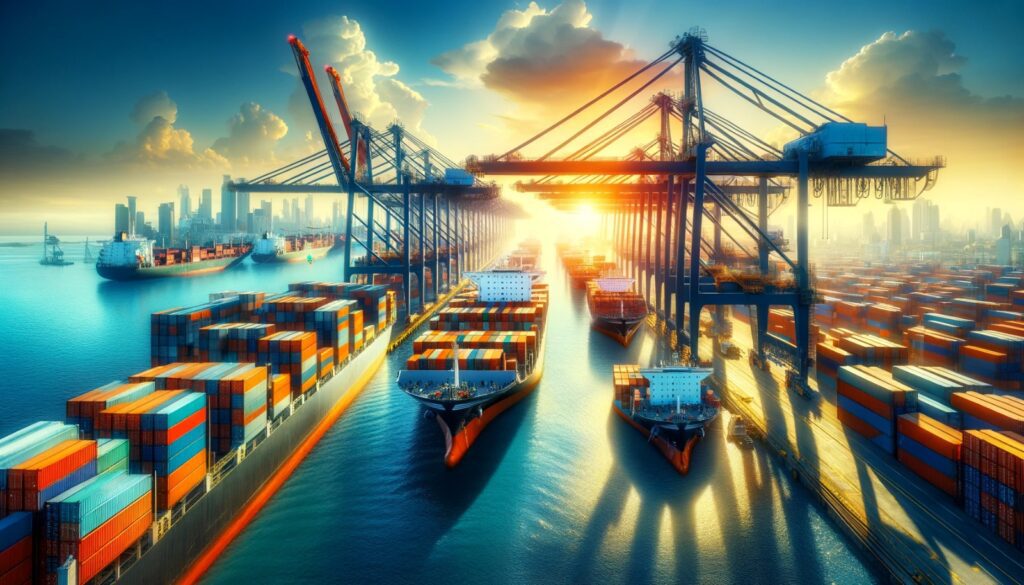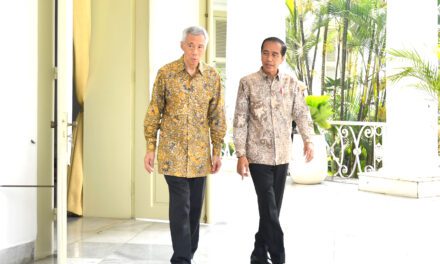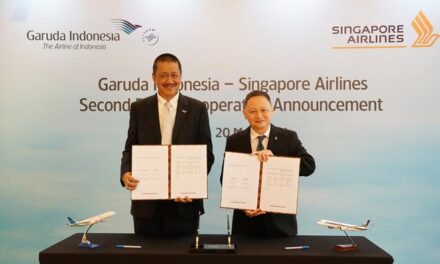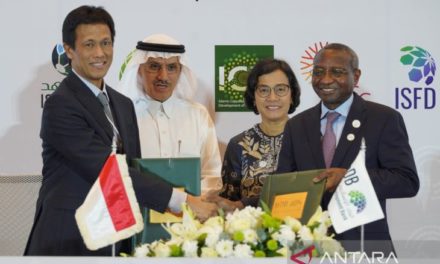WITH A RECORD TRADE SURPLUS AND STABLE ECONOMIC INDICATORS, INDONESIA SETS SIGHTS ON TRADE EXPANSION AND PRODUCT VALUE ADDITION TO BOOST EXPORTS IN 2024.

Indonesia commenced the year 2024 with a positive outlook across various sectors, notably in trade, as the country achieved a trade surplus of US$2.02 billion in January, marking the 45th consecutive month of surplus since May 2020.
A trade surplus signifies that Indonesia exported more goods and services than it imported, reflecting the nation’s strength in international trade and its capacity to generate revenue from abroad.
Additionally, Indonesia’s economy maintained stability with a steady five percent growth rate, while inflation remained below three percent, underlining the country’s resilience amidst global economic fluctuations.
To sustain and enhance these positive indicators, Indonesia aims to expand its market reach, diversify its products and services, forge trade agreements, and reinforce its trade representation abroad.
Trade expansion efforts have been concentrated on tapping into non-traditional markets such as Latin America, Central and Eastern Europe, Africa, South and Central Asia, and the South Pacific, perceived as regions with significant economic potential for non-oil and gas trade.
Indonesia’s Trade Minister, Zulkifli Hasan, emphasised the government’s commitment to fostering inclusive and sustainable economic growth through trade expansion initiatives.
The nation’s focus on non-traditional markets like India, Pakistan, Bangladesh, and the Middle East, including Africa and Latin America, underscores its ambition to leverage emerging opportunities and diversify its export destinations.
Furthermore, Indonesia aims to transform its export structure by transitioning from raw commodities to value-added products based on high- and medium-technology manufacturing, a shift crucial for elevating its role in the global supply chain.
This transformation necessitates robust trade diplomacy, competitive trade agreements, and policies that bolster the competitiveness of Indonesian exports, facilitating the integration of the nation into the global trade ecosystem.
In 2023, Indonesia concluded several significant trade agreements, including the Indonesia-United Arab Emirates Comprehensive Economic Partnership Agreement (IUAE-CEPA), the Regional Comprehensive Economic Partnership (RCEP), and the Indonesia-Korea Comprehensive Economic Partnership Agreement (IK-CEPA), among others.
Moving forward, Indonesian businesses are poised to capitalise on these agreements to improve export performance and solidify the country’s position as a key player in the global trade landscape.
Source: Antara News







